Face Masks & Shields
Face masks are not just a fashion accessory
Times have changed and face masks are no longer just for surgeons, dentists and asbestos workers. Face masks are now an ordinary sight in public places such as supermarkets, department stores, banks and doctor's surgeries.
Are all face masks the same?
It's important to know, not all face masks are the same, and not all face masks offer the same levels of protection.
Masks with filters have three levels of categorization. They are categorised under regulation EN 149. Filtering face pieces, (FFP's) can offer FFP1, FFP2 or FFP3 protection, with FFP3 offering the highest protection level.
FFP1 filtered face masks only offer protection from dust and aerosols of up to 4x Occupational Exposure Limit (OEL). They are not designed to protect against viruses.
For virus protection, opt for a mask with a rating of at least FFP2, ideally FFP3. FFP2 rated face masks offer protection against airborne virus and dust up to 12x OEL. FFP3 masks provide protection from airborne particles up to 50x OEL and are suitable for use in environments where hazardous materials may be present such as in the manufacturing of pharmaceuticals.
There are many masks on the market which are not approved for surgical use. Home-made masks, created from double layered cotton are more than acceptable for practicing Social Distancing. But these kind of masks would not be effective for use in medical or sterile environments.
NHS staff and healthcare workers need supplies of NHS approved PPE. PPE which is CE marked and often disposable is better so as to not transfer bacteria from patient to patient.
The more comfortably fitting your face mask is, the more comfortable you will feel wearing it. Whatever your design preference, be it a rainbow, flowers or smiley face, your face mask will only offer its intended level of protection if properly fitted.
Correct fitting of your face covering will include adjusting the nose bridge so that it molds to the shape of your nose and is a snug fit. This eliminates the amount of particles that may escape out of the sides of your mask.
Your mask will also need to fit properly behind your ears. Too tight and your mask will be uncomfortable, might ping off and may make you look a little like the BFG. Too loose and it simply won't stay put.
Ear loop extenders can be used for mask elastic which is too short. Opt for a style with a headband if your mask feels too big.
Many face masks may be washed and reused, making them somewhat more environmentally friendly. They may withstand 50 washes but the recommended number of washes per mask is usually 20.
Protective face shields
Face shields are ideally used in conjunction with a face mask. Wearing a face mask is a fantastic way of preventing entry and exit of airborne particles. But the benefit of a face shield is that is covers the entire face. It acts as a barrier against splashing liquids and bodily fluids.
Many face shields are reusable and can be cleaned and disinfected with anti-bacterial spray cleaner. A face shield is a good alternative if goggles are not available as they also offer eye protection. But you can go belt and braces and wear safety goggles, a reusable face mask beneath most face shields as they allow room for that.
Add to you face coverings, with body protective clothing such as over-sleeves, aprons, ear plugs and shoe covers. Carrying out a company risk assessment will help you work out what level of PPE is necessary for your business.
A selection of our PPE is available in large value packs to make stocking up for an entire workforce and charity helpforce workers for NHS charities easier. For large quantity discounts give our sales team a call on 0808 278 2009.
And don't forget, regardless the amount of PPE you may don, you must wash your hands, for at least twenty seconds, with soap and water as stated by Public Health England. Washing your hands regularly will kill 99% of germs. So lather up and keep washing those hands.





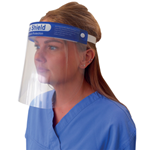
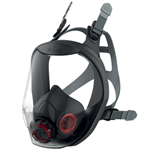
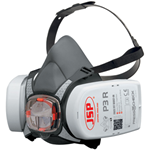
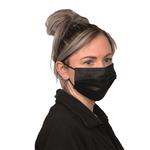
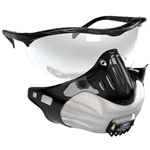
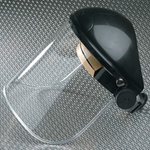
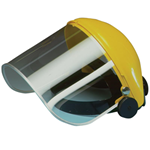
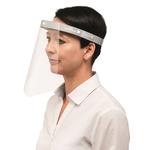
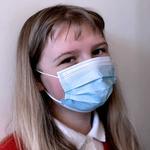
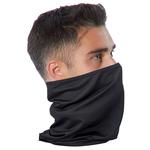
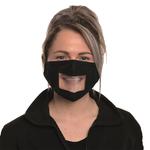
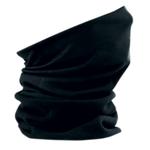
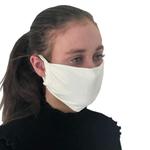
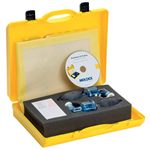
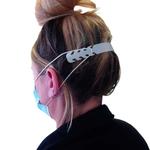
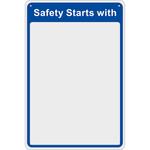
 PPE Workwear - What You Need
PPE Workwear - What You Need Safety First: Caution, Cleaning in Progress! Enhancing Workplace Safety with ESE Direct
Safety First: Caution, Cleaning in Progress! Enhancing Workplace Safety with ESE Direct Common Workplace Injuries and How to Prevent Them
Common Workplace Injuries and How to Prevent Them